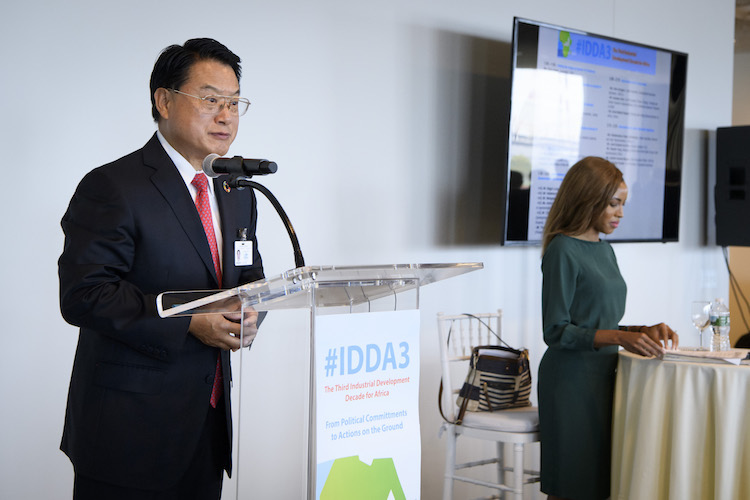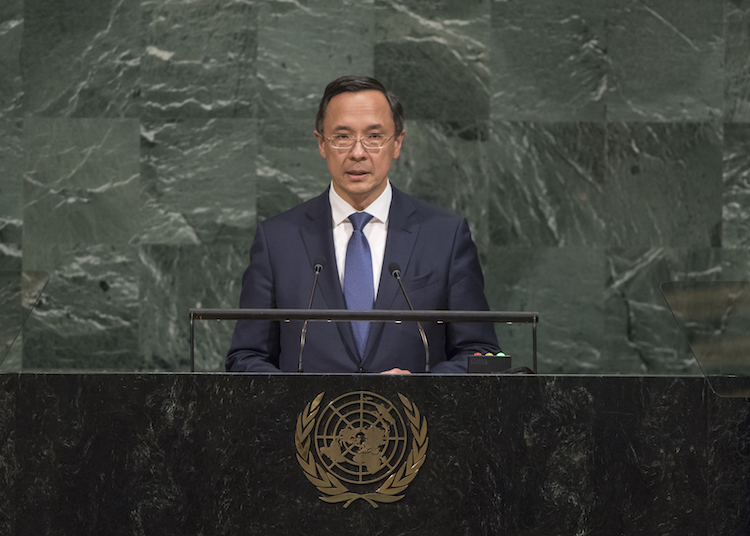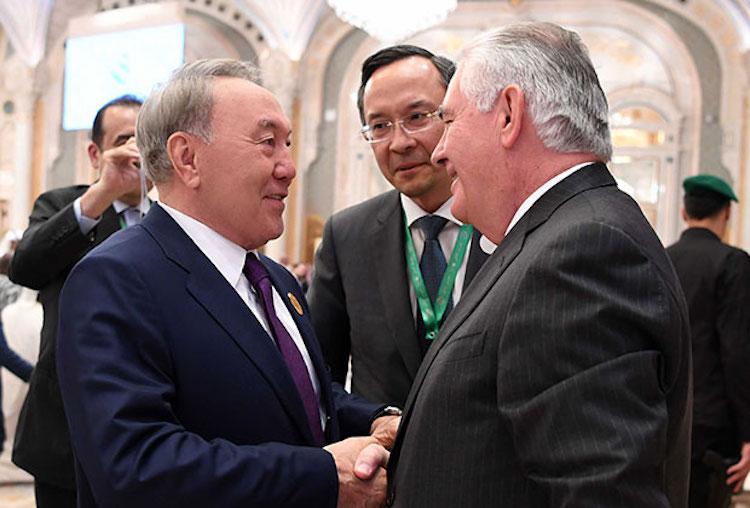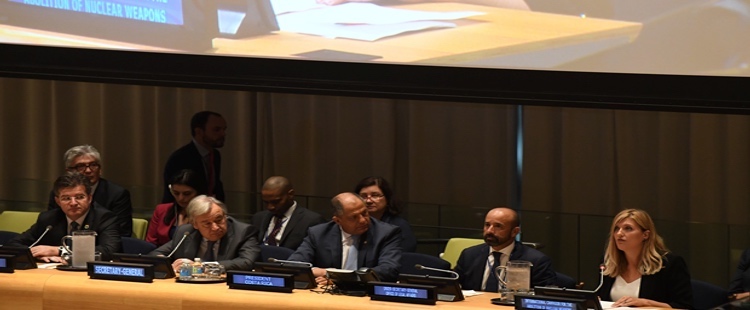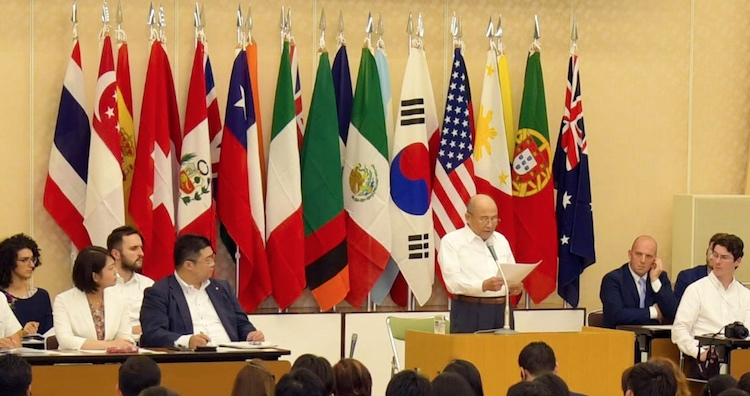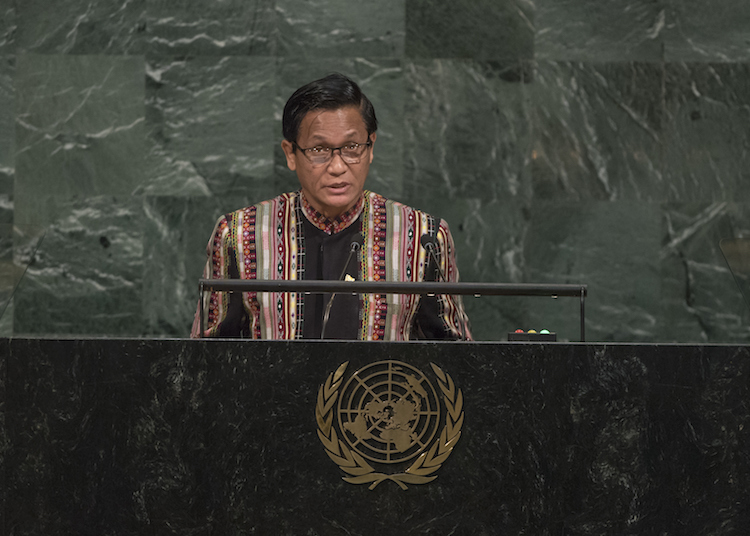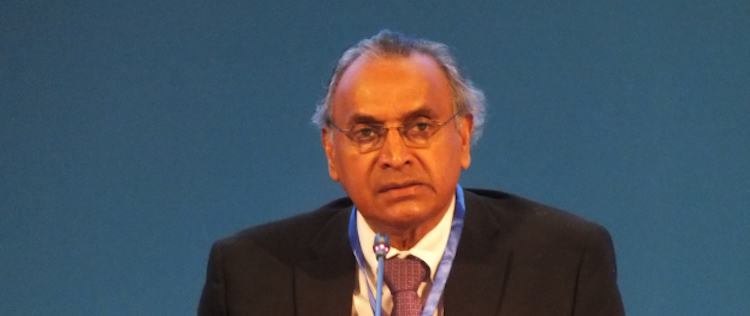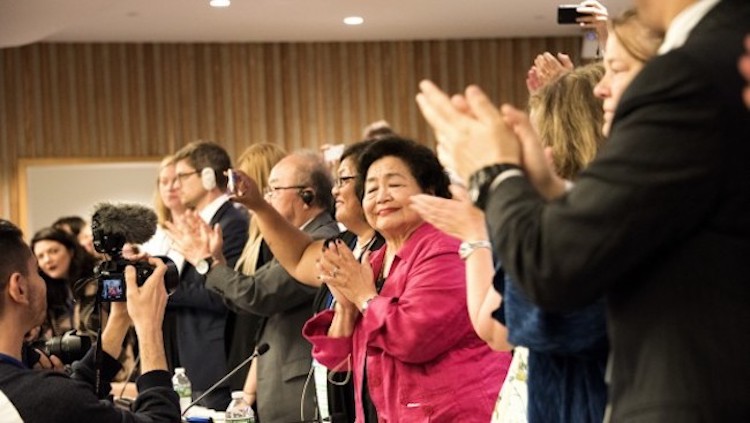By J Nastranis
UNITED NATIONS (IDN) – When the United Nations General Assembly adopted a Resolution to declare 2016-2025 as the Third Industrial Development Decade for Africa (IDDA III) in August 2016, it stated: “Africa remains the poorest and the most vulnerable region in the world.” And this despite the two previous decades.
The Resolution A/RES/70/293 noted “the need for the continent to take urgent action to advance sustainable industrialization as a key element of furthering economic diversification and value addition, creating jobs and thus reducing poverty,” and contributing to the implementation of the 2030 Agenda for Sustainable Development.

